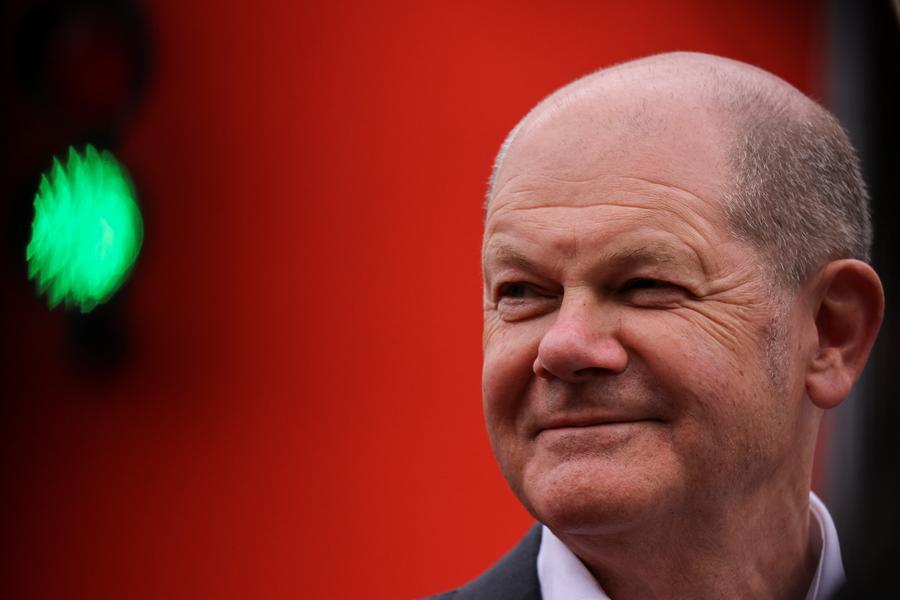On Thursday, Chancellor Olaf Scholz is scheduled to visit East Africa to explore potential partnerships in the field of clean energy, with a particular focus on Kenya, which is a trailblazer in the renewable energy sector, covering around 90% of its power needs through renewable sources. According to a government source, Scholz’s government recognizes the significant potential for energy and climate partnerships with the Kenyan government.
As of now, Kenya is the largest trading partner of Germany in East Africa and has set a goal to achieve 100% renewable energy coverage by 2030. Geothermal power plays a vital role in Kenya’s energy mix and provides favorable conditions for producing green hydrogen.
“The hope is that green hydrogen could eventually be imported from Kenya,” added the German government source.
Scholz will be visiting a geothermal power plant at Lake Naivasha on Saturday.
German leaders have over the last few months been sealing energy deals with a wide variety of countries after being forced to rapidly wean themselves off cheap Russian energy imports following Moscow’s invasion of Ukraine. For Scholz’s government, Kenya plays a role as an “important economic and value partner.”
Scholz will commence his three-day visit in Ethiopia, where the situation is more intricate. In 2020, the Tigray People’s Liberation Front (TPLF) launched an assault on military bases in the Tigray region, which resulted in significant retaliatory action and caused the country to fall into a state of civil unrest.
Scholz, who is due to meet Ethiopian Prime Minister Abiy Ahmed on Thursday, aims to “acknowledge and support the progress made in the peace process that began in November, but at the same time call for further steps.”
In particular, the focus will be on “grave human rights violations” that Scholz will seek to raise. In Addis Ababa, the German chancellor will also visit the headquarters of the African Union, which is currently mediating in the Sudan crisis.
The tour emphasizes how significant the continent is strategically and highlights the actions Western nations are taking to counter the attempts made by China and Russia to expand their influence in the area.
Scholz aims to address the propaganda propagated by Russia, which justifies its war on Ukraine as a reaction to NATO’s ambition to expand.
Given China’s massive economic investments in Africa, Scholz intends to pursue “political and economic collaboration on a level playing field,” according to a government source.

